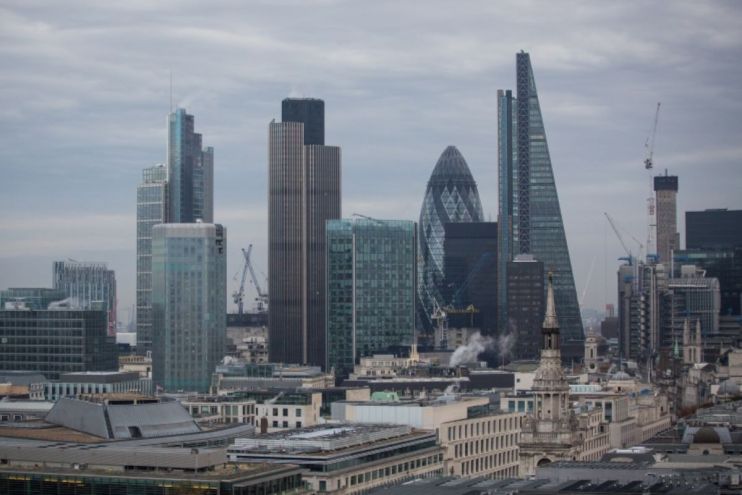The real winners of marketplace battles are the consumers

A Finnish mobile phone maker, an American social media network and a Japanese camera company walk into a bar, and the barman says: “oh, my dad told me about you.” Not necessarily the most promising comedy material but as a jumping off point for a discussion of the value of competition, the fates of once-seemingly-impregnable Nokia, MySpace and Kodak are worth looking at.
All at one point we’re not so much market leaders as the market in their respective fields. All of them have been well and truly knocked about since then.
As consumers, we have ended up with better phones, better cameras and, functionally at least, better social media, even if MySpace was more about bands on the make than questionable political provocation. New products have come along and, thanks to the power of a competitive marketplace, taken their own market share. The winners are consumers; the losers became fat, lazy or complacent.
So it is with this in mind it seems impossible not to look at two very different companies this week; Meta’s attempt to take Twitter’s crown, and Thames Water’s swift descent towards the plug hole.
The battle between the former is capitalism red in tooth and claw; too consumer-facing products that can only compete on scale. The latter, meanwhile, has been able to float along without competition.
A captive audience has allowed bosses to asset-strip, investment be damned, and led us into an almighty mess in which the British government in 2023 is forced to clarify that, yes, London will still be able to take a shower and clean the dishes.
As an example of market forces go, it’s a pretty clear lesson. Let battle commence.
